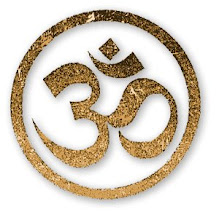Meditation has been proved scientifically to combat stress and stress related disorders like high blood pressure, insomnia and heart diseases:
Why are we stressed most of the times ?Normally, any life threatening situation triggers off the STRESS RESPONSE. This response enables a person to act quickly and survive intense, short- term challenges, which require less brains and fast reflexes. This is possibly the survival response inherited from our pre-civilisation days. But today the same response is triggered in traffic jams, work related irritations, family squabbles and many such situations- meaning that with any petty problem, our body ends up preparing for a life-death situation. And then as these situations don't come to an end, with a single confrontation, we remain in a perpetual state of stress.
What happens to our body during stress ?During stress, the heart beats faster and blood pressure rises. The blood flow is diverted from the internal organs to the muscles as well as the areas of the brain that control muscle coordination. As a result, the brain releases chemicals that help the body cope better with injuries, including those that block pain and help the blood clot faster. All these symptoms lead to the feeling of being run down, tired and basically stressed.
How meditation busts stress ?Meditation comes to the rescue in such a situation and induces 'RELAXATION RESPONSE' . Dr Benson (used to work at Harvard Medical School, did a research of physiological effects of meditation) found that there was a counter-balancing mechanism to the fight-or-flight response in most stress-inducing situations. As stress is induced by stimulation of the- hypothalamus of the brain Relaxation can achieved by countering this stimulation - by stimulating other areas of the brain. This is achieved by doing meditation, which leads to state of deep rest.
Om gan ganpataye namh:

Ganpati , we always first pray to ganpati then we start new day , its a powerfull mantra , i always start my day with this mantra & it really work for me.



